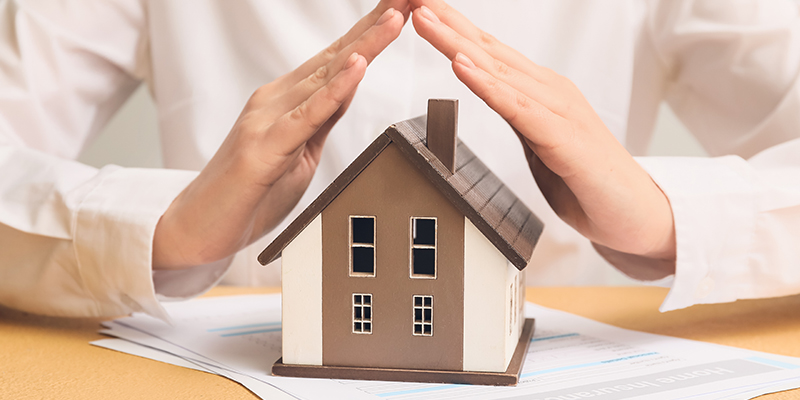Property and Casuality Insurance cover for loss or damage to your home or personal possessions your car your business.
Casualty insurance can provide coverage against legal liability for losses caused by:
- injury to other people
- damage to the property of others.
Property and casualty insurance is also known as general insurance. Here is a list of some key terms that you may encounter as you look into property and casualty insurance.
Actual cash value
- The cost of the insured item when it was new, minus depreciation (loss of value due to the age and condition of the item).
- This is one method of determining the amount of money the insurer will reimburse you if you make a claim.
- How the depreciation is calculated depends on the item insured and the insurance company.
- Premiums for policies with actual cash value are generally less expensive than those for policies with replacement value.
Replacement value
- The actual cost to replace an item destroyed or damaged in the event of a covered loss.
- This is another method of determining the amount of money the insurer will reimburse you if you make a claim.
- Premiums for policies with replacement value are generally more expensive than those for policies with actual cash value.
For most people, a home is the largest single purchase or investment they will make. Home insurance can help protect your home or contents in case of theft, loss or damage.
Home or property insurance pays for damage to or loss of your house, condominium, or property. It can also protect against damage, theft or loss of your personal possessions.
Home insurance may also cover personal property stolen from your vehicle. Your home insurance policy may also cover damage or injury to others who visit your home or property. For example, if someone slips and falls in your driveway, that person may be able to make a claim against you for the expenses incurred as a result of damage or loss caused by the injury.
Home insurance can also pay for accidental damage you cause to others’ property. For example, if a fire starts in your house, your home insurance can pay for the damage the fire causes to your neighbour’s house.
Home or property insurance is usually required as a condition of getting a mortgage. Most financial 10 institutions will not give you a mortgage without proof of insurance.
